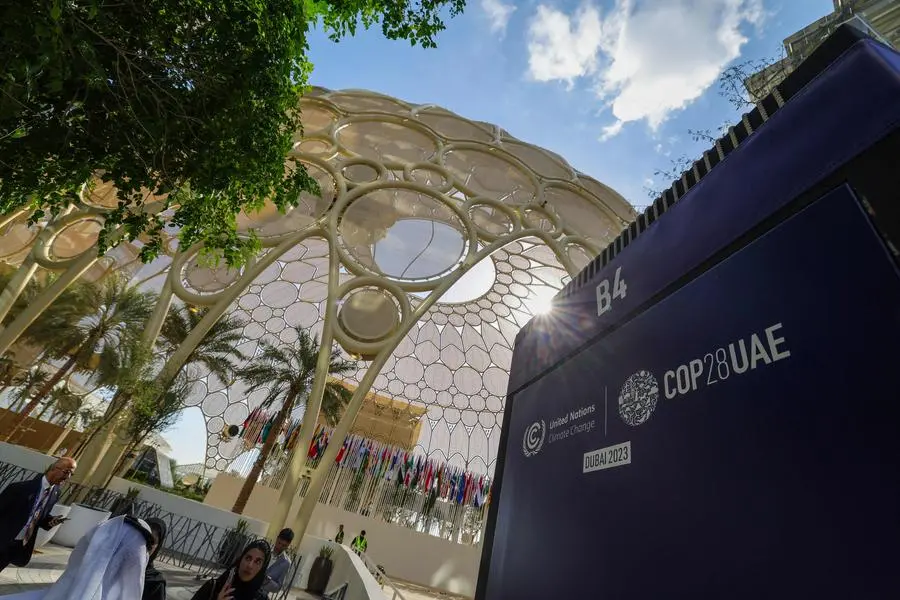PHOTO
The energy transition is expected to create 40 million additional jobs in the energy sector by 2050, with 18 million more jobs globally in renewables alone, according to a new report released by the International Renewable Energy Agency (Irena) ahead of the UN Climate Conference COP28 in Dubai.
It said the world could witness an average annual increase in GDP of 1.5 per cent by 2050 under the 1.5°C pathway compliant with the Paris Agreement.
“I echo the COP28 Presidency’s call for a global renewable energy target as a practical step to implement the Paris Agreement. But policymakers have predominantly concentrated on the technological facets of the energy transition, often overlooking its socio-economic implications,” said Francesco La Camera, director-general of Irena.
Concerns are increasing around the world around the rising greenhouse gas emissions, causing massive changes in temperatures across the globe. Therefore, the global economy is increasingly transitioning away from fossil fuel to green energy solution to keep temperature rises within 1.5°C limit increase.
He added that the energy transition holds great promise for boosting the global economy, but the world must address persistent inequality.
“Bridging gaps in climate policy ambition and fostering essential structural changes places unprecedented demands on policymakers. We must facilitate positive transition outcomes while ensuring that these opportunities are equitably distributed across regions and countries,” he said ahead of the COP28, the world’s largest gathering of global leaders, environmentalists and policymakers.
Although the renewable sector employment is expected to triple by 2050 overall, jobs are unevenly distributed across regions. Asia is expected to hold 55 per cent of global renewable jobs by 2050, followed by Europe at 14 per cent and the Americas at 13 per cent. Only 9 per cent of the jobs would be in Sub-Saharan Africa, it said.
“While Africa's per capita GDP is set to double, the continent’s resource-rich countries will likely see faster growth, exacerbating regional inequalities. Yet, emerging economies like India and China are poised for significant growth, potentially reshaping the global economic landscape,” it said.
Copyright © 2022 Khaleej Times. All Rights Reserved. Provided by SyndiGate Media Inc. (Syndigate.info).




















